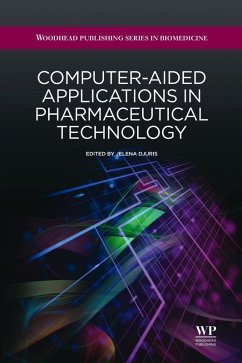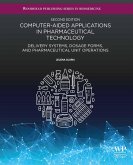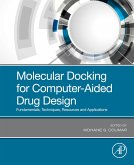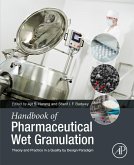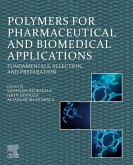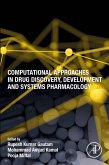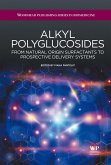Research and development in the pharmaceutical industry is a time-consuming and expensive process, making it difficult for newly developed drugs to be formulated into commercially available products. Both formulation and process development can be optimized by means of statistically organized experiments, artificial intelligence and other computational methods. Simultaneous development and investigation of pharmaceutical products and processes enables application of quality by design concept that is being promoted by the regulatory authorities worldwide. Computer-aided applications in pharmaceutical technology covers the fundamentals of experimental design application and interpretation in pharmaceutical technology, chemometric methods with emphasis of their application in process control, neural computing (artificial neural networks, fuzzy logic and decision trees, evolutionary computing and genetic algorithms, self-organizing maps), computer-aided biopharmaceutical characterization as well as application of computational fluid dynamics in pharmaceutical technology. All of these techniques are essential tools for successful building of quality into pharmaceutical products and processes from the early stage of their development to selection of the optimal ones. In addition to theoretical aspects of various methods, the book provides numerous examples of their application in the field of pharmaceutical technology.
- A comprehensive review of the current state of the art on various computer aided applications in pharmaceutical technology
- Case studies are presented in order to facilitate understanding of various concepts in computer-aided applications
Dieser Download kann aus rechtlichen Gründen nur mit Rechnungsadresse in A, B, BG, CY, CZ, D, DK, EW, E, FIN, F, GR, HR, H, IRL, I, LT, L, LR, M, NL, PL, P, R, S, SLO, SK ausgeliefert werden.

